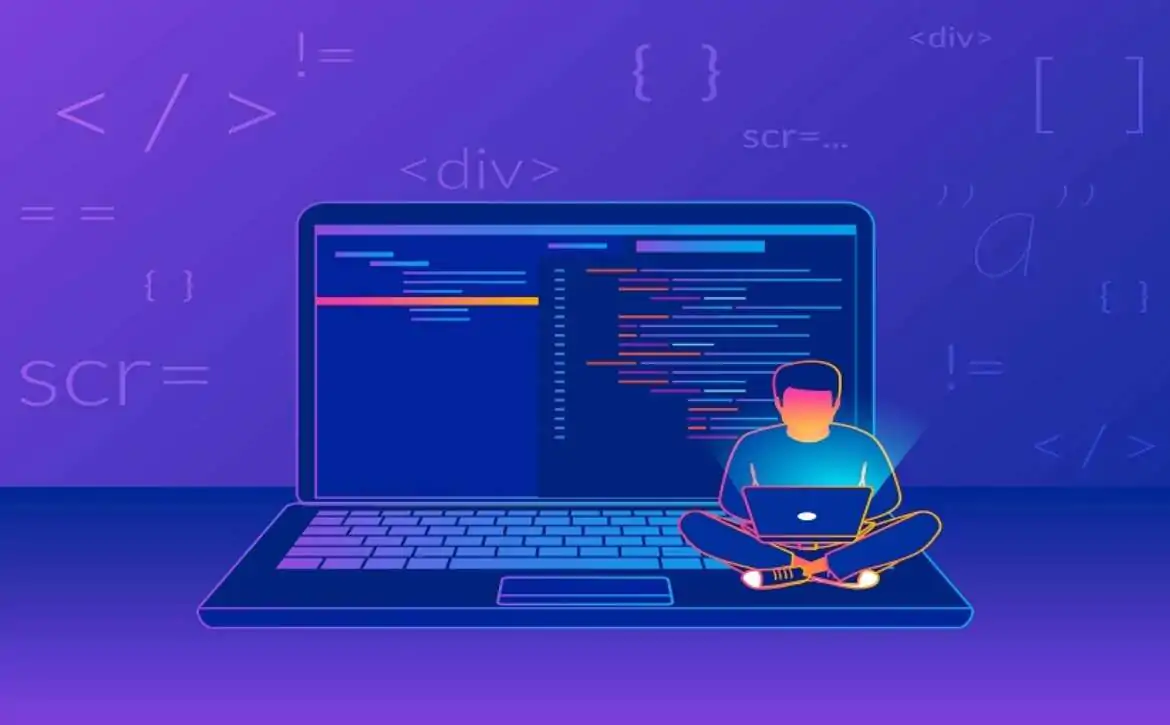Top Backend Development Frameworks You Should Know in 2024
Every web application is built on backend development, which powers all of the operations that take place in the background. It focuses on the server side of the application, managing databases, user authentication, and the business logic that makes the front-end experience come alive. While frontend development deals with the design and user experience, backend ensures that everything works smoothly and securely on the server, supporting features like data processing, server responses, and interaction with databases.
As we enter 2024, backend is rapidly evolving with the emergence of new tools, languages, and frameworks. These innovations are making backend systems faster, more secure, and easier to maintain. For any developer looking to stay ahead of the curve, mastering the right backend frameworks is essential. Whether you’re just starting your career or looking to expand your skill set, understanding the most relevant frameworks in the market is crucial.
For beginners, a comprehensive backend course can be a valuable resource, offering in-depth knowledge of key Backend web development languages, development tools, and frameworks. These frameworks not only streamline the development process but also provide built-in solutions for common challenges like routing, security, and database management. Developers can build robust, scalable applications more efficiently, and most importantly, ensure that their projects meet the growing demand for performance, speed, and reliability.
Additionally, knowing how to navigate the backend development roadmap can guide developers toward acquiring the necessary skills for success. As the demand for skilled backend developers continues to grow, mastering these frameworks can unlock a wide range of backend jobs, from startups to large enterprises.
Backend Development: Node.js (with Express.js)
It uses JavaScript, a language traditionally used for frontend development, to allow backend code to run on the server side. This has revolutionized how developers build full-stack applications using a single programming language for both front and back ends.
Express.js is one of the most widely used frameworks for Node.js. It simplifies routing, middleware integration, and template engines, making it an ideal choice for fast development cycles and scalability. With support for asynchronous programming, Node.js is perfect for handling a high number of simultaneous requests, which makes it highly scalable and efficient for real-time applications.
Backend Developer Skills Required
- Strong knowledge of JavaScript
- Understanding of asynchronous programming
- Proficiency in using Node.js and Express.js
- Familiarity with RESTful APIs and WebSockets
Django (Python)
Django follows the “batteries included” philosophy, meaning it provides many built-in features, such as authentication, form handling, and an admin interface, to reduce the need for third-party plugins.
With its focus on reusability and “don’t repeat yourself” (DRY) principles, backend development jobs is a great choice for building complex and feature-rich web applications. It’s used by major websites like Instagram and Pinterest and is ideal for both small and large-scale projects.
Backend Developer Skills Required
- Strong knowledge of Python
- Familiarity with Django’s ORM (Object-Relational Mapping)
- Understanding of RESTful APIs and web services
- Experience with SQL databases (e.g., PostgreSQL, MySQL)
Ruby on Rails
The framework comes with powerful built-in tools for database management, task automation, and authentication, making it easier for developers to create full-stack applications quickly. Rails is often used for startup MVPs (Minimum Viable Products) due to its ability to speed up the development process.
Backend Developer Skills Required
- Proficiency in Ruby
- Experience with Rails conventions and tools
- Familiarity with Active Record ORM
- Knowledge of web application architecture
Laravel (PHP)
Laravel is a popular PHP framework that has gained traction in recent years due to its elegant syntax and ease of use. It simplifies common tasks like routing, authentication, and caching, which allows developers to focus on creating features rather than boilerplate code. Laravel also includes powerful tools like Eloquent ORM, which simplifies database interactions.
Laravel’s vibrant ecosystem also includes tools for task scheduling, queuing, and real-time event broadcasting, which makes it a powerful option for building complex applications.
Backend Developer Skills Required
- Strong knowledge of PHP and MVC architecture
- Familiarity with Laravel’s ecosystem (e.g., Artisan, Laravel Forge)
- Experience with database management and Eloquent ORM
- Knowledge of authentication and security best practices
Backend Development: Spring Boot (Java)
Spring Boot is part of the larger Spring framework and is designed to make it easier to create production-ready applications with Java. Spring Boot is ideal for building large-scale, high-performance applications and microservices.
Spring Boot has strong support for dependency injection, making it easy to manage application components and configurations. It’s often used for enterprise-level applications and is popular in large organizations.
Backend Developer Skills Required
- Proficiency in Java
- Experience with Spring Boot and Spring framework
- Knowledge of building microservices
- Familiarity with REST APIs and JSON
Flask (Python)
Unlike Django, which includes many built-in features, Flask is minimalistic, offering just the essentials. This makes it ideal for small to medium-sized applications, or for developers who want more control over the components they use.
Flask is popular for building APIs, microservices, and single-page applications (SPAs).
Backend Developer Skills Required
- Strong knowledge of Python
- Familiarity with Flask’s routing and template system
- Experience with Flask extensions (e.g., Flask-Login, Flask-SQLAlchemy)
- Understanding of API design and JSON
In the end, Backend is crucial in modern web applications, and choosing the right framework significantly impacts productivity, scalability, and performance. Mastering these frameworks is essential for developers to stay competitive in the job market. A comprehensive backend development course can provide foundational knowledge in core concepts of backend development languages and frameworks. Mastering these frameworks opens doors to numerous jobs across various industries. Node.js, Django, Ruby on Rails, and Laravel are at the forefront of backend web development, helping developers build efficient, scalable, and secure applications in 2024 and beyond.


